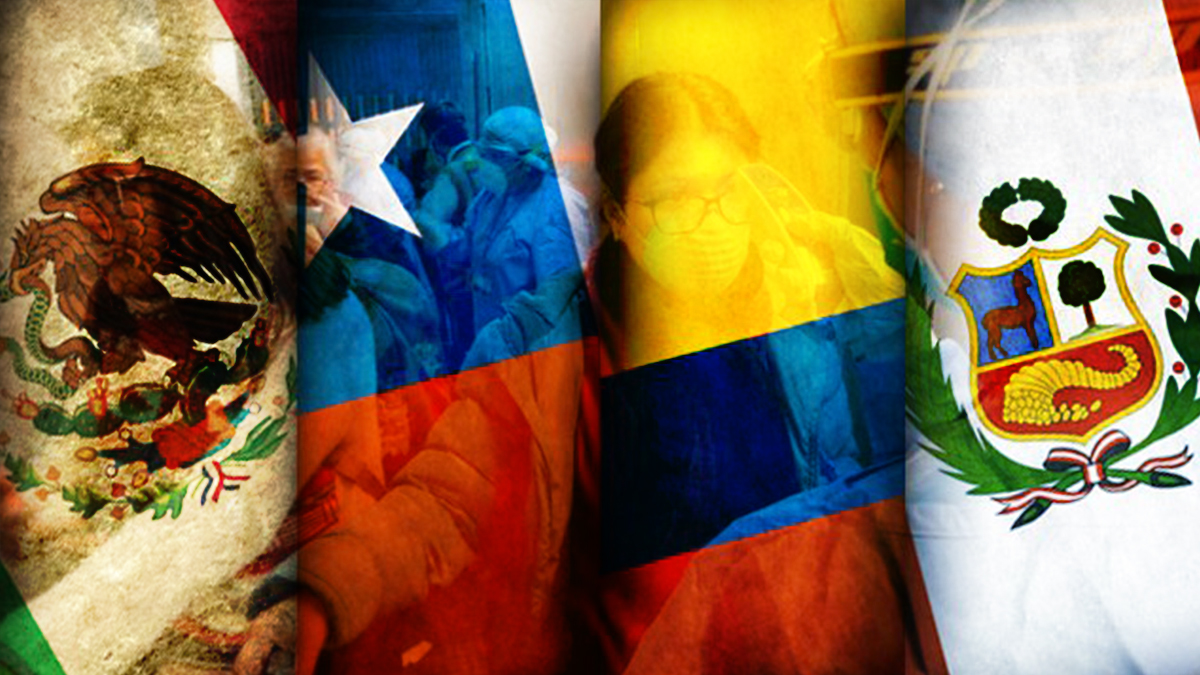RIO DE JANEIRO, BRAZIL – “As a new government, we reaffirm the commitment and will of the Peruvian government to actively participate in this Pacific Alliance, which has been so important in the last decade and in which we see so much potential.”
With these words, Peruvian Economy Minister Pedro Francke began his speech at a meeting held Tuesday (21) with representatives of member countries to analyze the future of the economic and trade integration mechanism that includes Chile, Colombia, Mexico, and Peru.
Francke made these statements at the event “A Conversation with the Pacific Alliance,” organized by the Americas Society/Council of the Americas (AS/COA) in New York, and broadcast virtually.
Read also: Check out our coverage on Peru
The conversation between the bloc representatives focused on the future of the Alliance, the promotion of sustainability, and the joint efforts that can be made in terms of recovery after the pandemic, among other topics.

It has been “a challenge and an honor” to chair the Pacific Alliance at this difficult time, said Colombian President Iván Duque, pointing to the conclusion of negotiations on a free trade agreement with Singapore in July.
When Pedro Castillo assumed Peru’s presidency last July, some experts expressed skepticism about the country’s future after he proposed during the election campaign, among other things, the “revision of the various trade agreements signed by Peru.” Thus, even before he took office, there was talk that the teacher’s election victory could lead to Peru’s withdrawal from the Lima Group and the Pacific Alliance.
According to his government program, “The free trade agreements, the Pacific Alliance, the Trans-Pacific Partnership Agreement (TPP) and others have turned us into a trade colony, to sabotage the commercial development of other economic powers in opposition to the interests of the United States, with the agricultural sector being the most affected.”
In Tuesday’s interview, however, Pedro Francke dispelled any doubts about the neighboring country remaining in the trade bloc, saying, “We all win here. The Pacific Alliance is good for all of us, and we need to take it into the future,” he said.
Francke, an economist by profession, has been Peru’s economy and finance minister since Castillo took office. He belongs to the “more moderate” wing of the Peru Libre government and has already been criticized by Prime Minister Guido Bellido and Vladimir Cerrón, leader of the ruling party.
But Castillo took Francke’s choice for the economic portfolio as a signal to markets and investors, a call for calm in the face of uncertainty about his election victory.

